Without women there are no healthcare systems
The sixth annual Heroines of Health Gala celebrated seven women fighting to improve the health of their communities. From mobilising nurses in Beirut after the blast in August last year to helping communities in Ethiopia affected by the civil unrest.
- 13 October 2021
- 4 min read
- by Rebecca Reisdorf

“Giving a voice to the voiceless,” is how Sierra Leonean community health worker, Ramatu Jalloh, sees her role in empowering women.
Alongside six other women healthcare workers from around the world, she was celebrated at the fifth annual Heroines of Health Gala, hosted by Women in Global Health. With special messages from the Director-General of the World Health Organization, Dr Tedros Ghebreyesus, the former President of Liberia, Ellen Johnson Sirleaf, and the Deputy Director General of UN Women, Anita Bhatia, these healthcare workers were given the chance to share what inspires them to move forward and the futures they hope for.
Leaving over 200 participants of the event encouraged and motivated to work for positive change, the main message was loud and clear: we must go beyond applause and create enabling environments for healthcare workers, with decent pay, adequate PPE and workplaces free of violence.
 |
Ramatu Jalloh, Sierra LeoneI am a community health worker inspired by my colleagues. In Sierra Leone and around the world we need equity, we need salaries and not tokens, we need good health insurance and we need to be part of decision-making. Through my work, I realise that there is a need to empower women, because when you empower women, you empower the nation. |
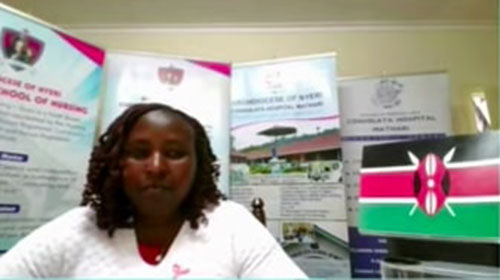 |
Jane Kubai, KenyaLeaving my family home at a young age to escape early marriage and female genital mutilation, I worked as a security guard at Consolata Hospital in Kenya and am now a trained theatre technician. I see that there is a shortage of health workers and my dream is to become a surgeon. To build a more equal society, we must ensure that all girls receive an education so they can fulfil their dreams. |
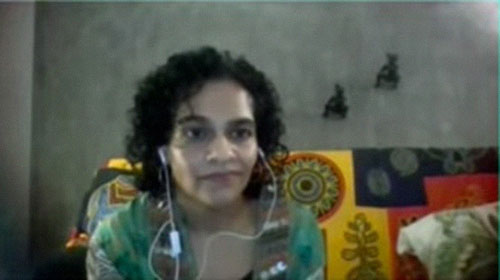 |
Neha Mankani, PakistanAs a midwife in Pakistan, I see the urgent need for reproductive health for our people. I have seen entire communities transformed when midwifery care is available to women. While midwives are not given the option to stop working in difficult conditions, we need to ensure that they have enabling environments, free from violence and stigma. |
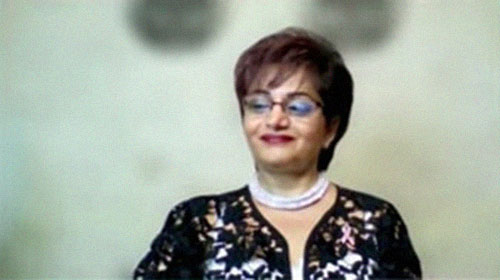 |
Dr Myrna Abi Abdallah Doumit, LebanonI mobilised nurses during the Beirut blast in August 2020 and coordinated the COVID-19 relief effort in its aftermath. As nurses, we are the heartbeat of every healthcare system and for this reason we need to be at the decision-making table. And if we are not invited, we must bring our own chair. To create sustainable change, we must raise our voices. |
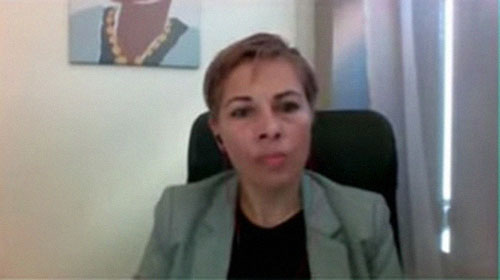 |
Greisy Trejo, PanamaAs a mental health worker in Panama, I believe that COVID-19 has given us the opportunity to bring mental health to the forefront of our policy-making. We must include migrants, LGBTQIA+ individuals and indigenous populations. We have in our hands the possibility to transform health, especially if we give women the opportunity to take on leadership roles. |
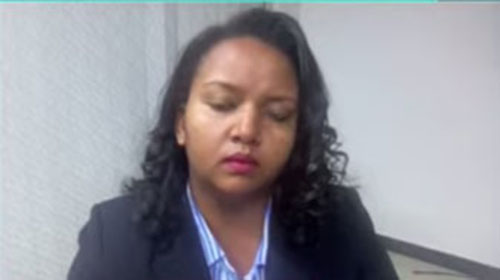 |
Dr Ruth Diribia, EthiopiaAs a doctor working with the hardest-to-reach communities affected by civil unrest in Ethiopia, I see women’s health as a key issue in internally displaced populations. With increased attention to what women need, there will also be more women’s leadership. I have learned that in difficult times, we must work hard and stand together. |
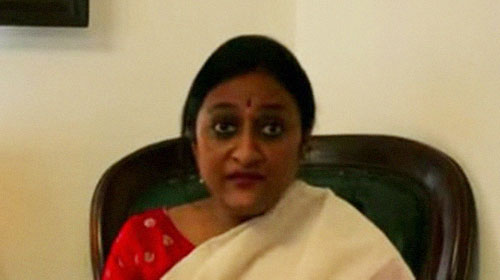 |
Dr Vandana Gopikumar, IndiaWe don’t live in an equitable world. I see this every day in my work to deliver mental health services to the most vulnerable populations in India. But there is hope. We have the framework of the Sustainable Development Goals, which brings together issues and motivates inclusion. For this to come alive, we need leadership that is emphatic, empathetic and real. |
More from Rebecca Reisdorf
Recommended for you








